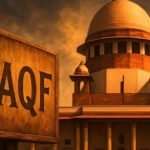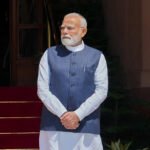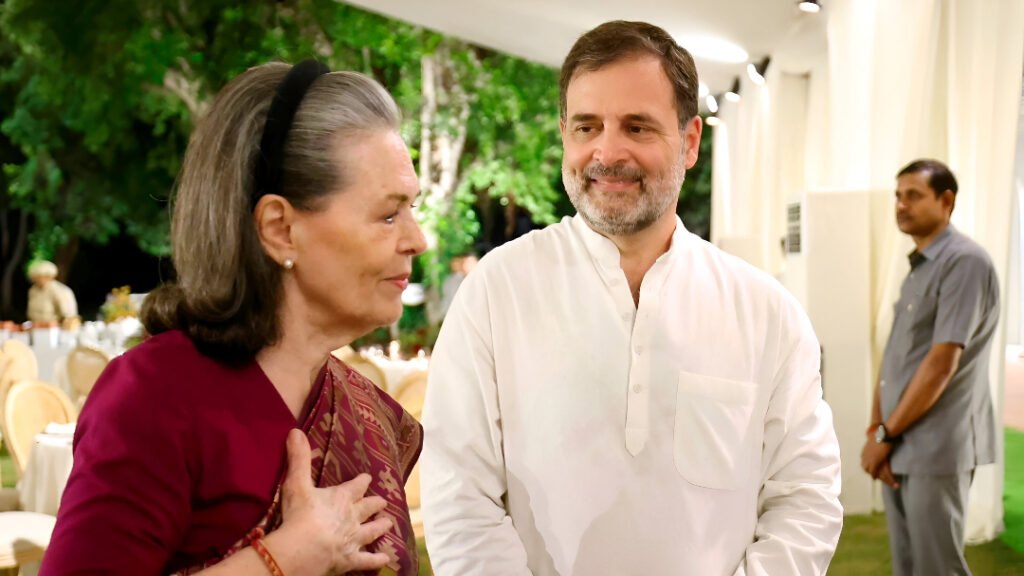
Snapshot: a reciprocal political exchange
This week, the BJP responded to the Congress with claims of Sonia Gandhi’s name appearing on the New Delhi voter list during the height of the ‘vote chori’ controversy, sparking another exchange. The BJP claims that Sonia Gandhi not only appeared on the voter list but also that she “resided” at the name-listed address decades prior to her actual citizenship. The Congress, on the other hand, had been campaigning against irregularities during the Election Commission’s SIR revision of the voter list.
What the BJP has presented
BJP spokespeople, along with the IT head of the BJP, posted what they alleged to be a copy of the election roll for the year 1980 that had the names of not only Sonia Gandhi but also her family. In order for these claims to be valid, BJP would also have to prove that her reappearance on the list during the early 80s was a violation of the electoral laws, which permit candidate representation solely for registered citizens of the country. It seems the BJP is using the Congress allegations to justify their claims of manipulation of the voters list.
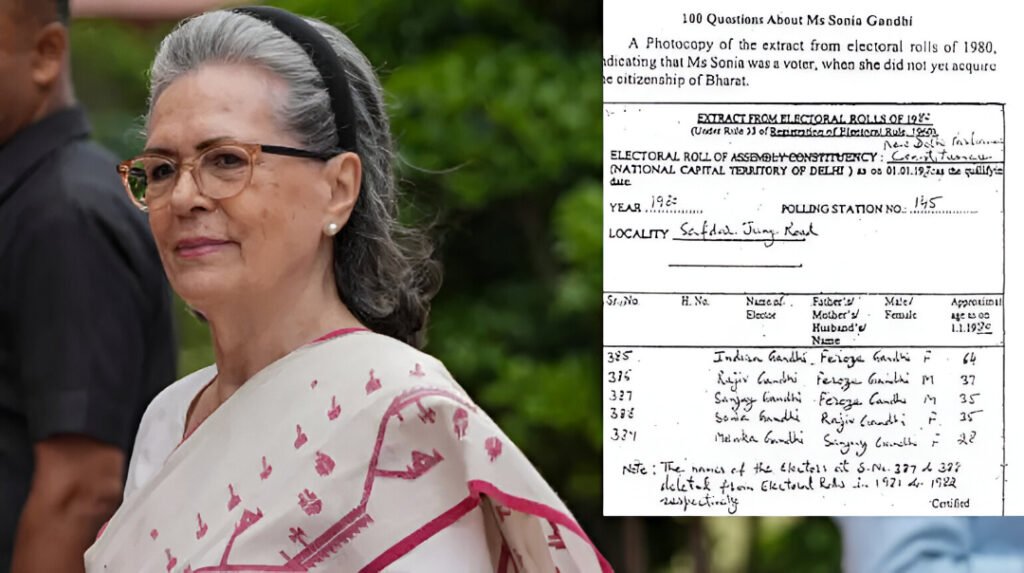
How Congress Is Responding
Congress representatives have provided evidence trying to rebut allegations by claiming Sonia Gandhi never made a formal request to be added to the rolls, thereby blaming any registrations on the Election Commission officials of the time. Party spokespeople, along with allied leaders, characterized the BJP’s revelations as an attempt to divert attention away from the main issue of the so-called ‘vote chori’ and the SIR exercise in Bihar, rather than as evidence of some master plan by the Gandhis to rig elections. Some Congress spokespeople have gone on to urge the Election Commission to explain how the historical rolls were maintained, pointing out the fact that a name could have been added and subsequently removed.
The Legal and Technical Aspects
The Indian election law states that only citizens of the nation can be registered as voters. If the archival rolls indeed contain the name of a non-citizen, it could be due to a lack of adequate scrutiny in verifying records from years back or a less likely deliberate attempt—and each scenario presents a different legal case. The scrutiny in question must include the examination of the Commission’s archives and, if need be, a statutory recount or legal petitions. Of great importance is the reported date of Sonia Gandhi’s naturalization—April 1983—which is crucial for establishing whether the entries were made prior to her becoming a citizen.
Why this matters politically now
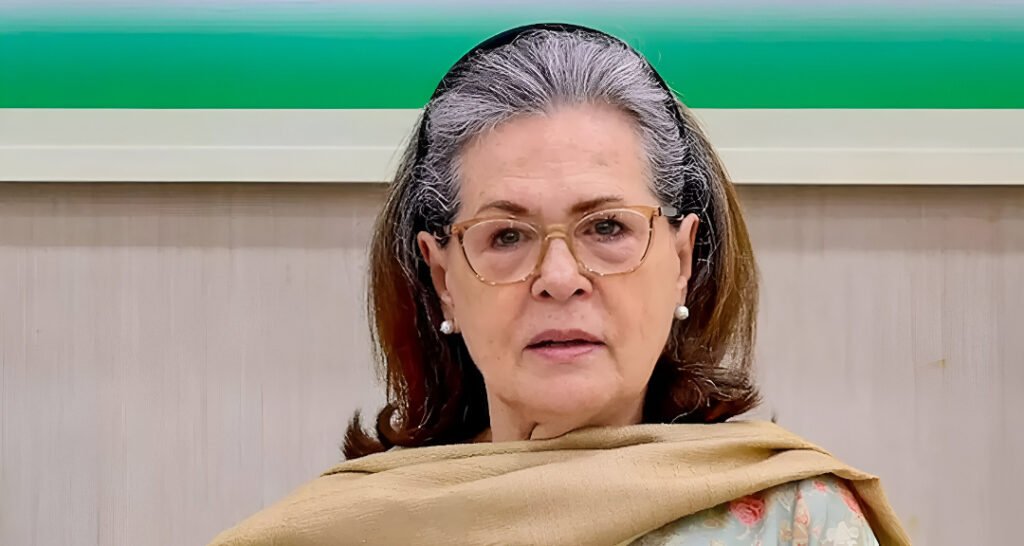
The issue at hand is very sensitive. Congress’ “vote-chori” campaign makes accusations of numerous irregularities that, if proven to be true, would invalidate numerous constituencies; the BJP’s counterarguments aim to refute that moral high ground by pointing to alleged discrepancies in the Congress Family’s paperwork. Both parties are scouring old documents and seeing records to shape public opinion as the state elections and administrative roll revisions are nearing. This feud also brings the Election Commission into the middle of the controversy, forcing it to showcase its archival system and its responsiveness as they test its systems.
Verification challenges and the likely path forward
Verification is at the heart of the matter, and old documents pose a significant challenge. Back in the old days, there would be a scanner for text. Scanning, coding, and transcribing would be done at an address level, making reading interpretations straightforward. Publishing verified extracts of a contested party’s documents is the single best way for the parties to prove their positions as true, and a formal complaint with evidence to the party is the only way out for resolutions. The courts can also look into the documents, but in politically charged atmospheres few remedies exist. Until a probe is formally opened, the disputes with the social media and postal copy documents continue to circulate.
Bottom line
To this point, BJP has only presented scanned snippets of the elections and forms and then turned those snippets into a bigger accusation of election fraud. Congress has countered their narrative by claiming that the EC’s actions were out of politics and a partisan move. Considering the legal bar (citizenship at the time of registration) and the nature of the documents, impartial adjudication by the Election Commission—not social media post snapshots—is the only way to resolve the actual conflict. More petitions, calls for archival scrutiny, and political drama as each side makes its move.










